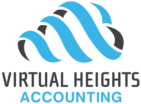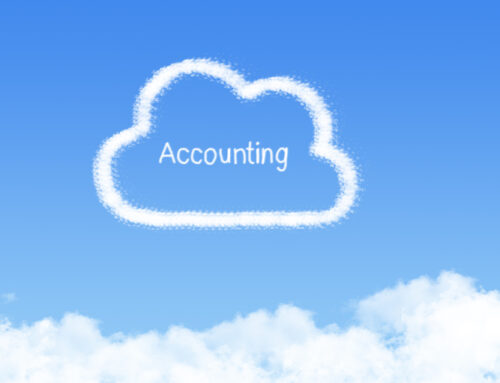We get a lot of calls from non-resident businesses that sell in Canada and are wondering what their tax considerations are. If you sell products / services in Canada and are over certain thresholds you will be required to charge sales tax (GST/HST which is the federal tax and there are also provincial sales taxes in certain provinces). If you are looking for more information on sales tax and the thresholds check out this previous post: Canada Sales Tax Sheet.
The next question is what about tax on the income? The question is actually harder to answer than you may imagine. In Canada, you are taxable as a non-resident business on your Canadian source income if you are deemed to be:
“carrying on a business in Canada.”
The problem with this is that there is no definition in the Income Tax Act for what that specifically means. This means that you may not consider yourself carrying on a business in Canada, but the Canada Revenue Agency (also called the CRA for short) might. They (as in the CRA) argue that this is a question of fact and its meaning may change from one industry to another.
So, what will the Canada Revenue Agency consider in their assessment? Well, we reviewed a Canadian Tax Journal and created a summary of items it mentioned.
When the Canada Revenue Agency reviews your business, they look at the items collectively and not any one in particular. This means that if you satisfy one you may still be okay if collectively taken you are not considered to be carrying on a business in Canada.
Carrying on a Business in Canada Considerations:
- Do you have a permanent establishment (defined as a fixed place of business through which business is carried on in)?
- Where is/are the:
- contracts made?
- location of the operations?
- place of delivery / transfer of ownership?
- purchases made?
- product manufactured or produced?
- inventory?
- Where are you advertising?
- Where is your bank account?
- What directories is your business listed?
- Do you have a branch office?
With online businesses these definitions and terms are being applied to businesses of the new tech age. When you read them, you must take into consideration current business forms. This includes the ability to transact businesses virtually in Canada without physically being there. If you start selling on Amazon.ca for example this is a dedicated Canadian site and may be an indication that you are carrying on a business in Canada. However, even within this, you must consider inventory locations, whether it is a test or a continuous operation, location of suppliers etc.
If you are designated as carrying on a business in Canada, you have income tax requirements and your corporate structure can also play a part in this. Be cautious and be informed when making your expansion decisions.
At Virtual Heights Accounting, we are not non-resident tax specialists. We prefer dealing in process operations and growth using fun tools like Xero and Hubdoc among others. But if your looking for some tax consulting in this area, we are happy to help and/or connect you with those who can. Book directly with a CPA: BOOK NOW or email us at info@vhaccounting.ca.
This blog is intended for general use and understanding. Specific cases can alter recommendations which are often based on current court cases. These recommendations may evolve as new court cases or CRA interpretations become available. Thus, direct professional advice is always recommended to ensure you are getting the right information for you and your business. This article is not a replacement for direct professional advice and we do not take any liability of taking this as professional advice.
Virtual Heights Accounting is a CPA, CA firm that operates in the virtual world from Canada. We provide virtual accounting, Virtual CFO and Virtual Controller services for your growing Company. Contact us at www.vhaccounting.ca/contactus or follow our blog on your chosen social media source.





